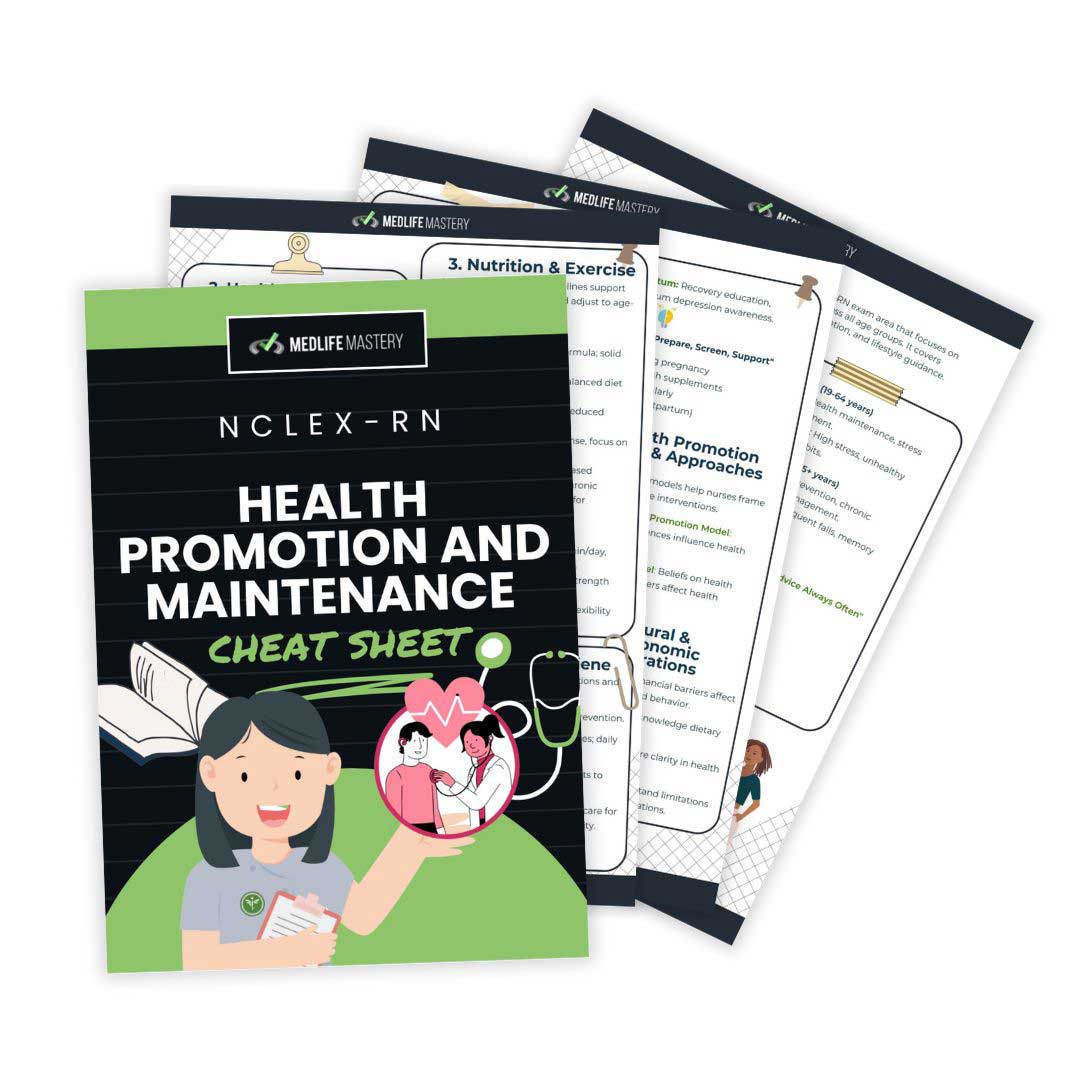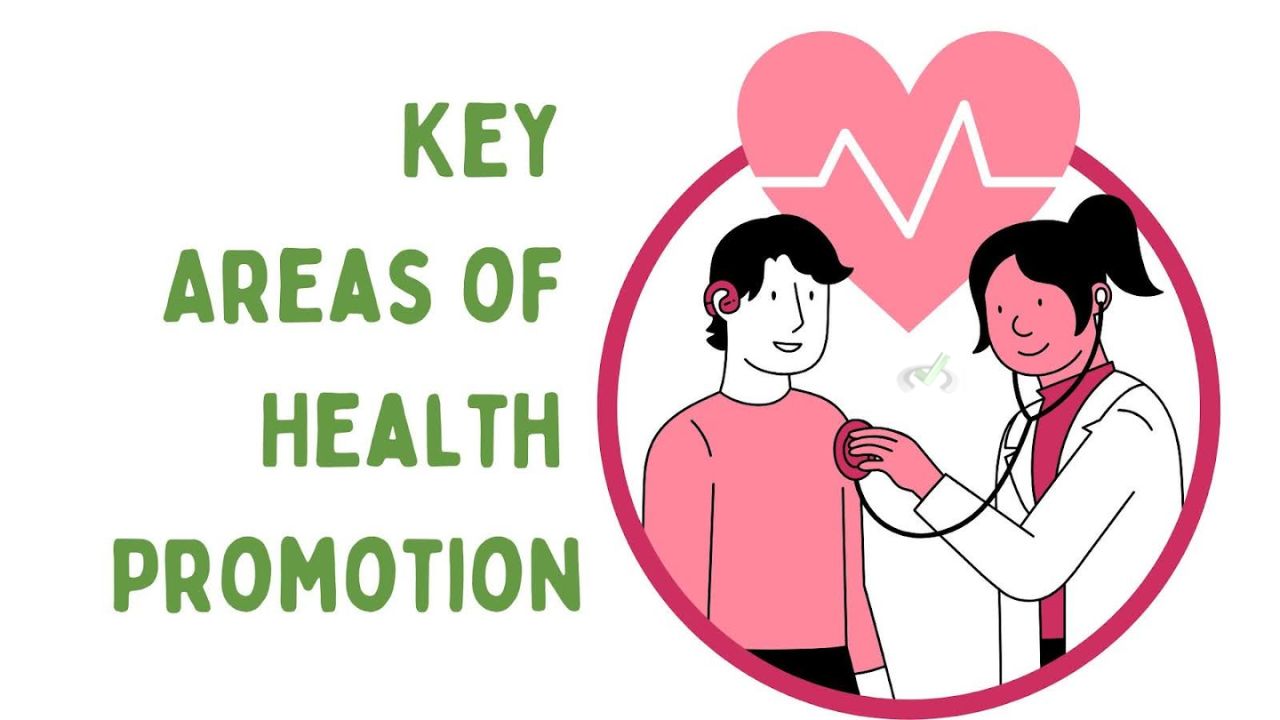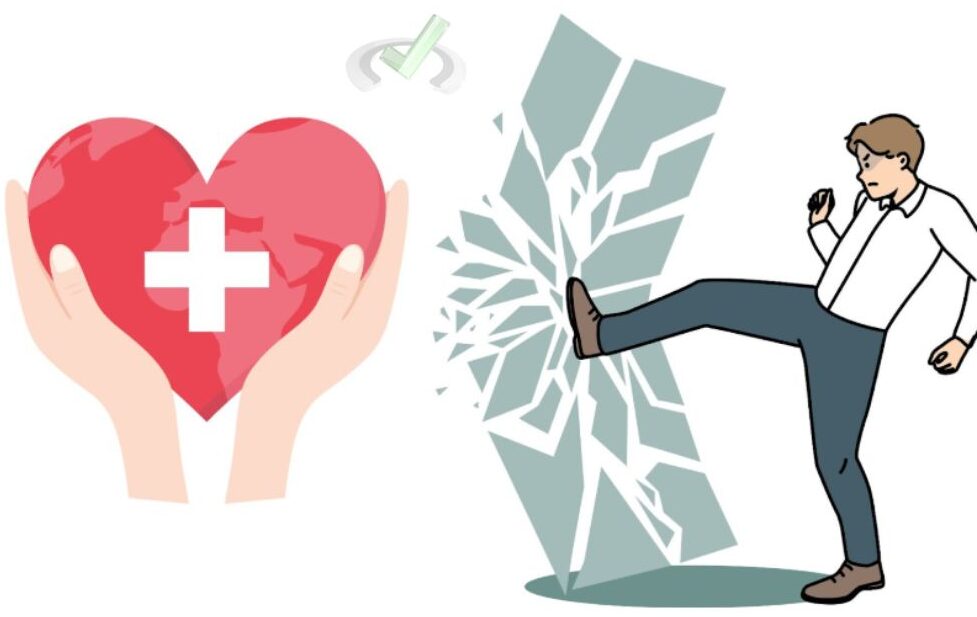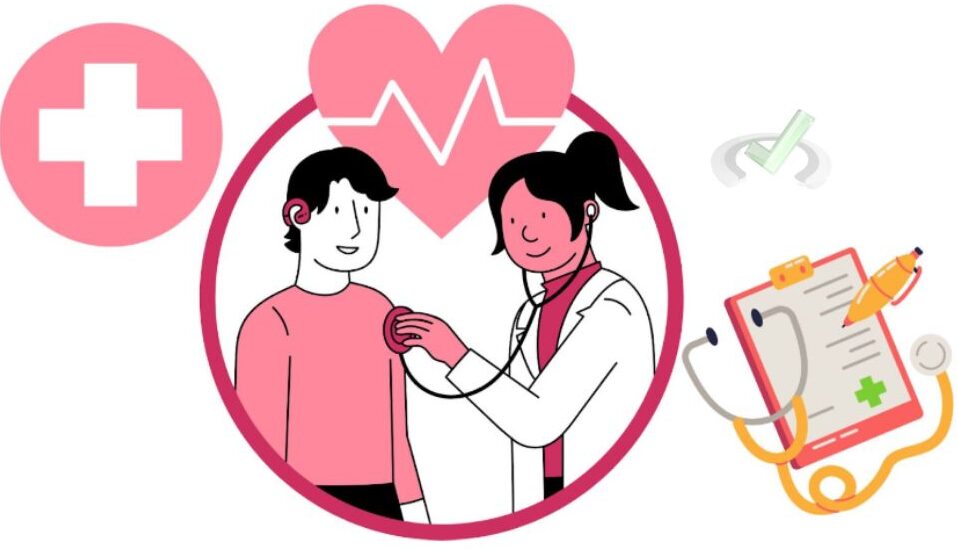
Health Promotion and Maintenance RN Cheat Sheet - Free PDF Download

Imagine this: A nurse is watching two patients in a crowded hospital room. Both arrived with comparable conditions but one gets better quickly and is able to return home with a smile while the other has difficulties and must spend more days in bed.
What makes the difference? Frequently maintaining and promoting health holds the key. This topic isn’t just something nurses skim over in textbooks. It’s what moves a nurse from treating illnesses to preventing them and guiding patients toward healthier lives.
The National Council of State Boards of Nursing recognizes health promotion and maintenance as a key section in the NCLEX-RN. This is because knowing these concepts inside and out means nurses can teach, support, and act before minor health hiccups turn into major problems.
Let’s dig into what health promotion and maintenance mean and how to use this knowledge to ace that NCLEX-RN.
What Is Health Promotion and Maintenance?
Health promotion and maintenance in NCLEX-RN cover everything a nurse does to help patients understand their health, make better choices, and catch issues early. It’s about education, prevention, and proactive care that makes a real difference in patients’ lives.
Why This Concept Matters in Nursing
Nurses don’t just treat patients who come in with issues; they guide them in staying healthy long-term. The NCLEX-RN doesn’t just check if you know what screenings are needed or what education points to bring up—it tests if you know why they matter and how to use that knowledge.
Key Areas of Health Promotion and Maintenance

Health promotion and maintenance cover essential strategies to keep patients healthy and prevent illness. These areas focus on patient education, preventive care, and lifestyle guidance, all vital for NCLEX-RN prep.
1. Patient Education: Your Role as a Nurse
A patient walks into the clinic, clueless about why they need their blood pressure checked or how quitting smoking could save their heart. This is where nurses come in.
Education turns a passive patient into an active participant in their care. Nurses hold the power to educate, clear up myths, and encourage positive change.
How do nurses teach effectively?
The NCLEX-RN may quiz you on the best ways to teach a patient with limited health knowledge or how to make sure they stick to their new health plan. Know these approaches, and you’re ready.
2. Routine Screenings and Early Detection
Early detection changes everything. Screenings catch diseases when they’re easier to handle, giving patients the best shot at staying healthy. The NCLEX-RN asks about which screenings to suggest based on age, history, and risk factors.
Essential Screenings Nurses Should Know:
These screenings give patients a chance to address issues before they spiral. Nurses explain the “why” behind screenings and make sure patients understand their importance. On the NCLEX-RN, expect questions that ask you to pick the right screening for a patient’s age or risk.
3. Promoting Healthy Lifestyles
Health promotion goes far beyond what happens in hospitals or clinics. Nurses guide patients on how to make small changes that lead to long-term health benefits. It’s about teaching habits, not just suggesting them.
Tips nurses share:
The NCLEX-RN tests how well you understand these basics. Expect scenarios where you explain why a balanced lifestyle helps prevent conditions like high blood pressure or obesity.
How Health Promotion Ties to Developmental Stages
Health promotion needs shift as patients age. The NCLEX-RN wants to see that you know how these needs differ. Depending on the age difficulties and stage of life of the patient nurses must modify their recommendations and methods.
Young Children and Babies
For the youngest patients health promotion means:
Adolescents
Teens come with their own set of needs:
Adults
The focus changes to for adults:
Senior Citizens
Elderly people have particular needs:
Barriers to Health Promotion and How to Overcome Them

Health promotion isn’t always simple. Patients face barriers that may stop them from taking preventive steps. The NCLEX-RN looks at whether you know how to navigate these obstacles.
Common Barriers:
How Nurses Can Help:
Case Studies: Real-Life Applications of Health Promotion
Real-life cases bring health promotion concepts to life, showing how they work in everyday nursing. These examples demonstrate how nurses apply preventive care and maintenance techniques to support patient health in practical settings.
Case 1: Teaching a Community to Wash Their Hands
The number of flu cases at a nearby clinic increased. The community was to be taught proper handwashing by nurses. Flu rates fell with easy lessons and a few entertaining demonstrations. Its simple but it demonstrates the enormous impact that even modest health promotion.
The NCLEX-RN could ask how nurses help prevent spread in a community setting—remembering this example helps.
Case 2: Running a Stress Management Workshop
A hospital started a monthly stress workshop. Nurses showed easy breathing techniques and tips for daily relaxation. Patients reported feeling less stressed and more in control. Less stress helps improve sleep, heart health, and even lowers blood pressure. Expect NCLEX-RN questions that touch on holistic approaches like this.
NCLEX-RN Focus: Questions to Expect
The NCLEX-RN includes questions that test your understanding of health promotion and maintenance in real-world scenarios. Expect questions on patient education, prioritizing care, and choosing the best strategies for preventive and ongoing health support.
These questions test your ability to think through a real-life situation and know what matters most.
Strategies for Mastering Health Promotion in NCLEX-RN
Mastering health promotion concepts requires targeted study techniques and real-world application. Use case-based learning, active recall, and group discussions to deepen your understanding and confidently tackle NCLEX-RN questions.
1. Know Your Guidelines
Stay up-to-date with the U.S. Preventive Services Task Force recommendations. These reflect what the NCLEX-RN covers and keep your knowledge sharp.
2. Patient-First Approach
Always think about what’s best for the patient. Whether you need to suggest a diet change, promote exercise, or talk about screenings, focus on their well-being.
3. Practice with Case Scenarios
Practice answering questions that are modeled after actual patient narratives. Dont just memorize facts use your knowledge as though you were making decisions right then and there.
Conclusion: The Foundation of Maintaining and Promoting Health

The NCLEX-RN test emphasizes health promotion and maintenance over book smarts. They assess your knowledge of action prevention and instruction. Nurses use this to make sure patients don’t just react to illnesses but prevent them.
This means knowing which screenings to suggest, how to talk to patients at different stages of life, and how to offer tips that stick.
Use these study points to prepare well. Know the guidelines, review strategies, and walk into the exam ready. You’ll be more than ready to tackle NCLEX-RN—you’ll step forward as a nurse who cares for patients before they even know they need it.
